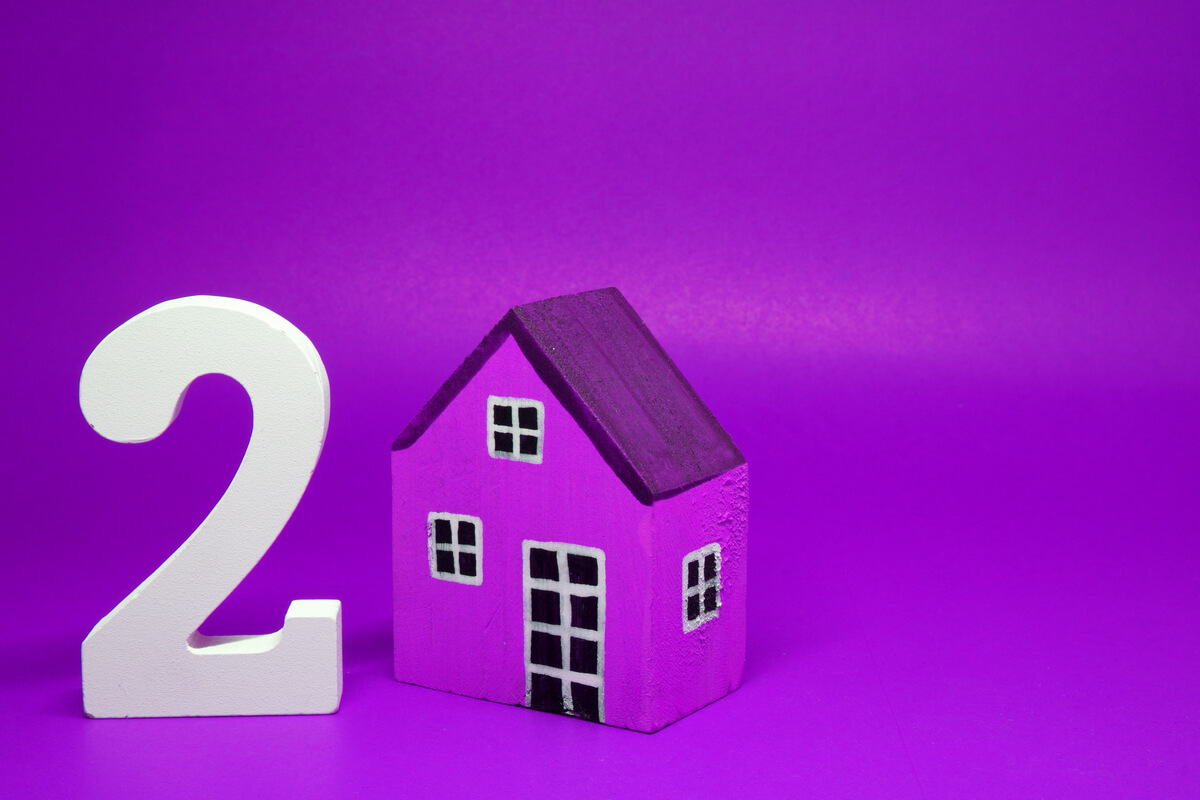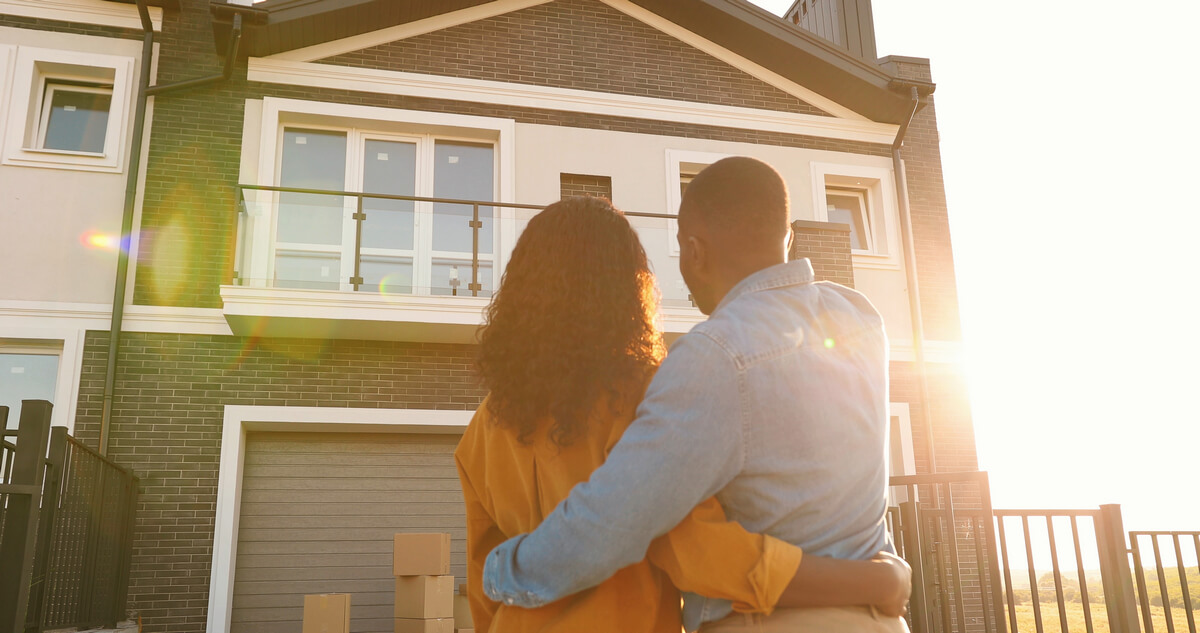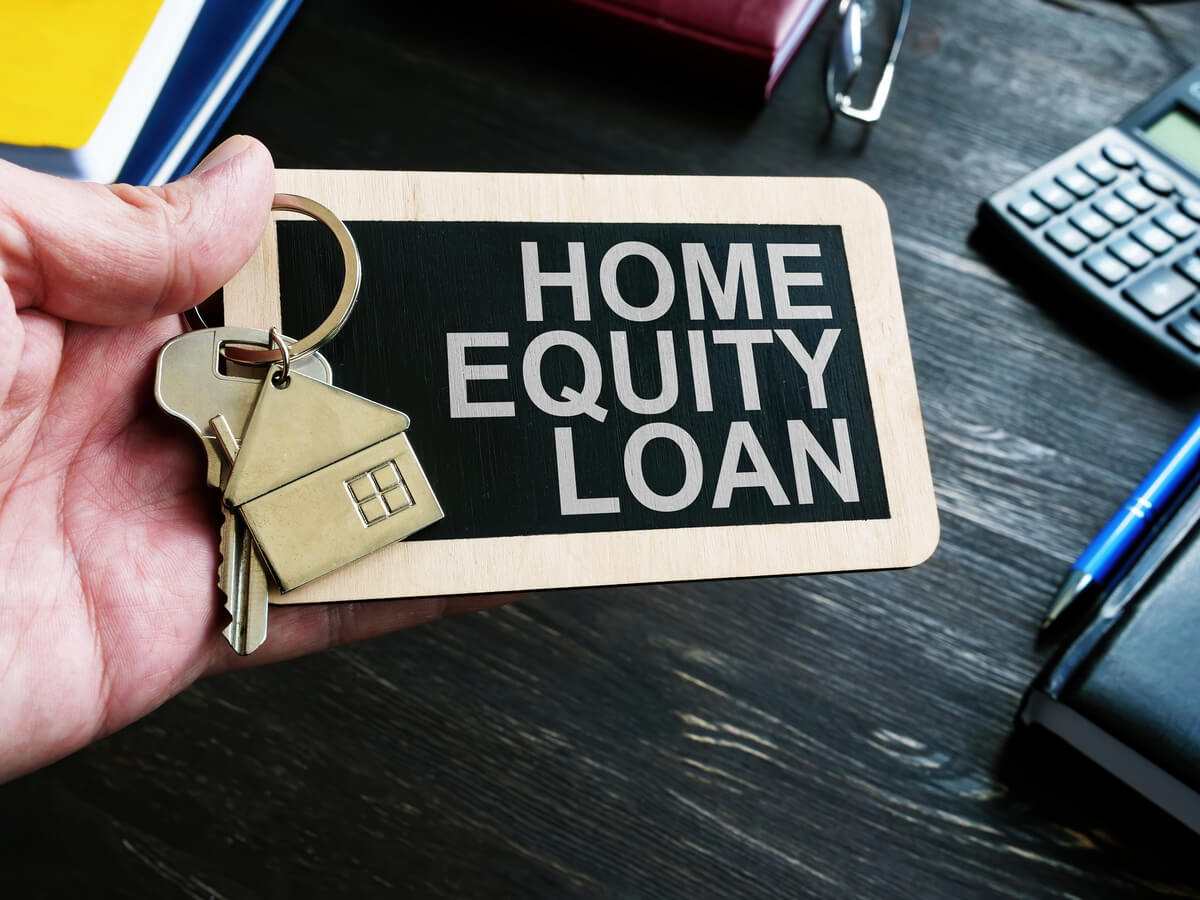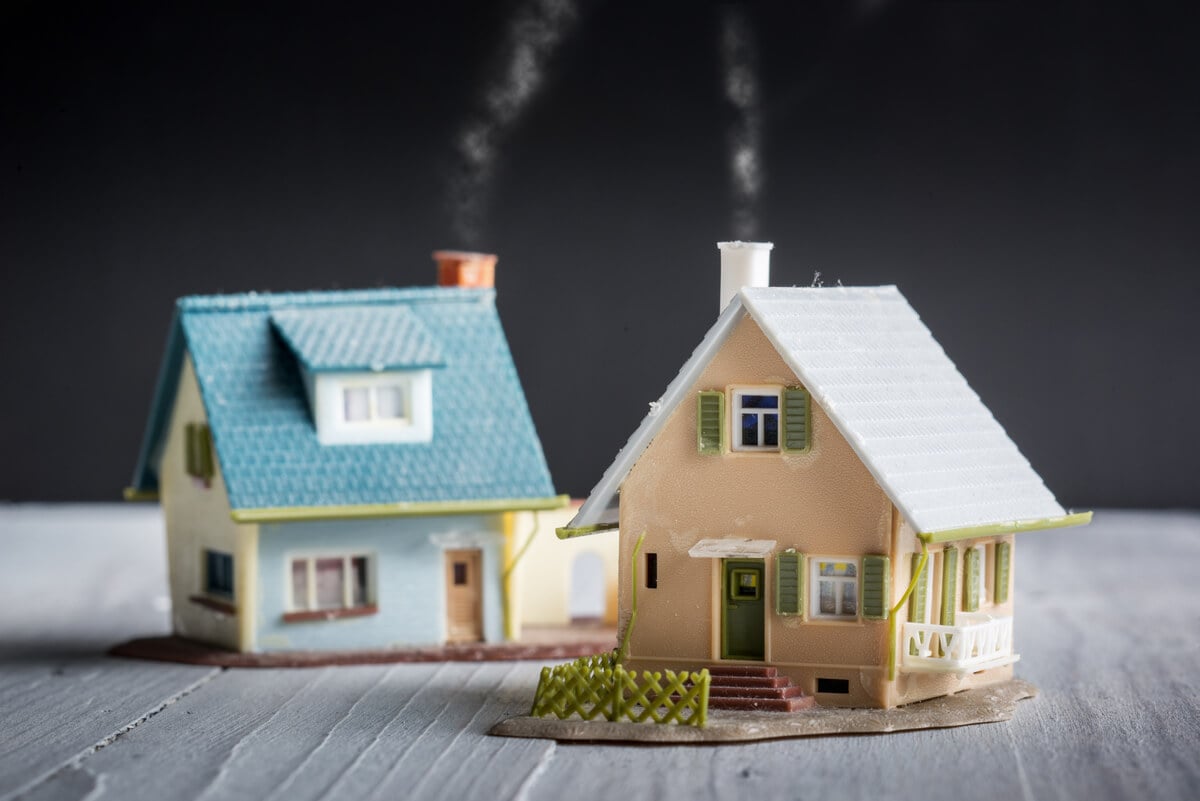If you’re in a comfortable financial position as a homeowner, you may be thinking about buying a second home. Property is a great investment if you can afford it, so this is a wise choice if you have enough expendable income to cover it. Some people buy a second home to use as a vacation getaway, and others buy one to rent out for an extra source of income. Whatever your intention is for the property, a second home has a number of benefits.
A home is not a small purchase, though, so it’s not a decision to take lightly. To avoid a financial disaster, you have to plan your purchase carefully. There are several financing options available, each with their own benefits and drawbacks. The best choice for you depends on your current financial situation, your income versus your expenses, and your long-term financial goals.

Can You Afford a Second Home?
Before you start looking into financing, you should evaluate your current status to make sure you really can afford a second home. A good sign that you can consider buying a second home is that you have an emergency fund that can cover six months of expenses, you don’t have debt other than your first mortgage, and you’re consistently investing in your retirement.
If you’re on track for your other financial goals, calculate your monthly expenses to make sure you can comfortably cover another mortgage payment. You can look back at your bank and card statements from the last several months to see what your spending usually looks like. Keep in mind, too, that mortgage rates for second homes tend to be slightly higher than first mortgages. You’ll also have to factor in property taxes, homeowners insurance, utilities, and other expenses.
The math for owning a second home shouldn’t stress you out if you’re truly ready and able to make the purchase. You shouldn’t have to dramatically slash your budget or increase your income to feel comfortable buying a second home. If the purchase would make your financial situation feel risky or unstable in any way, it’s better to wait.

Renting Out a Second Home
People sometimes buy a second home with the intent of renting it out. Some homeowners will offer short-term rentals when they’re not occupying the second home, and others will treat it like a rental property first and foremost.
Renting out the property can be a good way to increase your income and help cover some of the home’s expenses. However, you should always be cautious when pursuing this option. If you have a Fannie Mae or Freddie Mac home loan, you cannot rent out the property for more than half of the year. You’ll also have to report your rental income to the IRS if you rent out the home for more than 14 days.
If you’re prepared to buy the home for the purpose of renting it out and are familiar with the legal requirements and responsibilities of a landlord, this can be a great investment. It’s risky to rely on rental income to afford the home, though, especially if you only plan to rent out the property sporadically.

Financing Options for a Second Home
Many people use an FHA loan to buy their first homes, but this isn’t an option for second home purchases. The following are the most common ways people buy second homes:

Cash
Paying cash for a house isn’t often feasible, but it’s the most secure way to buy an additional property. When you pay cash, you don’t have to worry about monthly mortgage payments, and there’s no risk of losing the home if you face financial hardship. If you think it’s possible that you could save up enough to buy a home in cash in the next few years, you could wait to buy the home until you can fund it entirely on your own.

Traditional Home Loan
Many buyers choose to get a conventional mortgage loan when buying a second house. On average, interest rates for second homes are slightly higher than for first homes, and lenders may request a larger down payment. Because your lender knows that you already have one mortgage, they want to be certain that you can afford a second one. Be prepared to put down at least 20 percent for your second home.
Other requirements for approval may be stricter, too. For example, some creditors require a higher credit score and a lower debt-to-income ratio for second home buyers. Overall, it’s helpful for borrowers that mortgage lenders have these standards as this is also an opportunity for you to assess your financial situation and make sure you can afford the second home.
Documenting all of your income sources and assets will help with the process, too. Anything you can show the lender that confirms your financial stability will increase your chances of approval.

Home Equity Loan
If you’re looking into buying a second home, there’s a good chance that you have a considerable amount of equity in your first property. A home equity loan could be a great way to finance a second home if you have enough equity built up. Alternatively, you could use a home equity loan to make a larger down payment for a conventional mortgage loan.
Home equity loans may have lower interest rates and fees than traditional mortgages, although rates vary based on the size of the loan and your financial history. Not all lenders will approve a home equity loan for a second home purchase, but you can ask a few creditors for quotes to see if it’s a viable option.
A second home is a worthwhile purchase if you can afford it. Buying in cash is the most straightforward way to close on the deal, but other financing options are available, too. Before you rush into any decisions, though, research your options carefully and speak with a trusted financial advisor to determine the best course of action.


